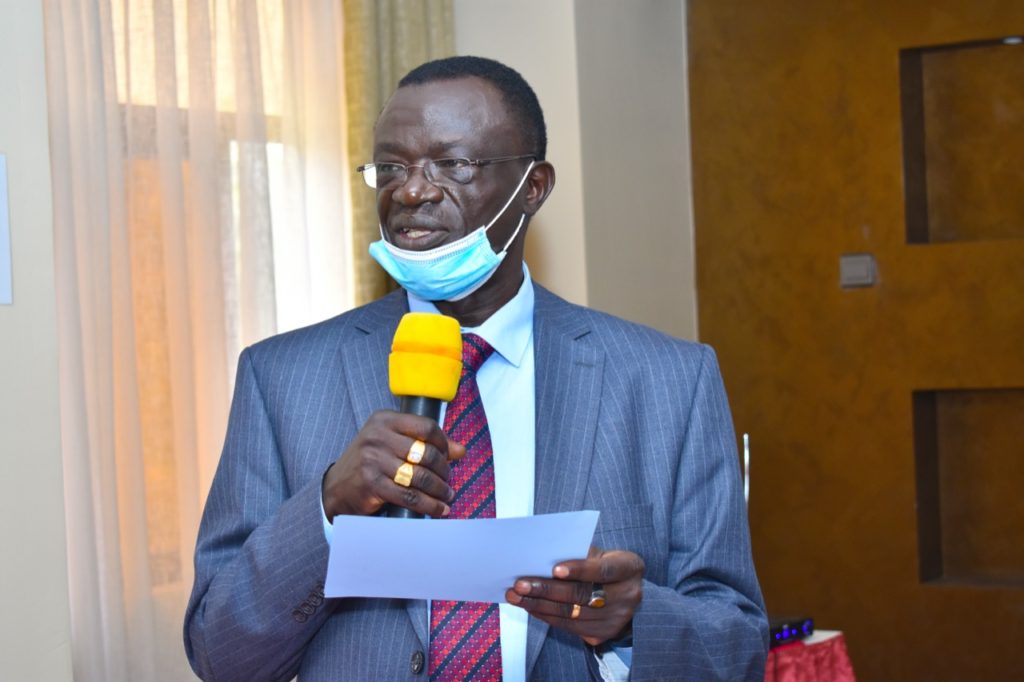By: Victor Bwire
The Government has prioritized strategic communication in its interventions on violent extremism and looks at the media as a critical player in the war on terrorism as captured in the National Strategy to Counter/Prevent Violent Extremism (NSCVE).
All County Action Plans on countering violent extremism have included media as a key partner.
Acting director of the National Counter Terrorism Centre (NCTC) Mr Joseph Opondo while a opening a training for media practitioners noted that good relations with the Government agencies has resulted in media support by offering them media-specific access to pictures and information and where possible, cooperating with their requests, denying perpetrators propaganda platforms and bringing out the story behind the story and putting Kenya first have contributed immensely in the country’s achievement in countering violent extremism.
Mr Opondo said from lessons learnt, the government is investing heavily in communication within the war on terrorism, radicalization and violent extremism that will re-assure the public both nationally and internationally, deter terrorists from future activities and build public confidence in the security agencies and authorities by showing that they are responding in an effective, coordinated, professional, planned and caring way.
“As the world continues to grapple with terrorism, one platform that terrorists have not hesitated to employ to make their heinous acts noticed, is the media. News media provides essential oxygen of publicity for terrorists like Al Qaeda, which enables their causes to be noticed and addressed. Placing terror stories on the front pages provides more visibility to terrorist’ actions and causes, hence elevating their status in society”, Mr Opondo noted.
“I am also happy that over the past four (4) years there has existed a very well-oiled strategic partnership between the National Counter Terrorism Centre (NCTC) and the Media Industry both electronic and print. The role of media in informing the population is very crucial” he added.
He said given the central role played by the media in shaping public discourse on matters of national importance such as terrorism, in terms of framing issues and events because they communicate a particular perceived reality.
Mr. Opondo noted that the Government acknowledges that when properly handled, the media can be very helpful to Government responders, because the speed at which media can communicate to their vast number of viewers, listeners and readers in, for example, issuing public safety messages, appealing to witnesses or for giving out emergency information telephone numbers is very strategic when dealing with terrorism matters.
Among the challenges noted when there is not consistent and smooth flow of information within the broader efforts to mitigate adverse effects of terrorism are lack of understanding, lack of accurate information, media bias, inaccuracies and speculation.
“ In early stages of an incident, Governments rely on journalists to help with public safety messages i.e. requesting people to stay away from a particular area, appeals for blood, generators and medical assistance. Trained journalists will want fast, accurate information and will seek interviews with key people (including witnesses, security officers, government officials and others from the emergency services) demand briefings and press conferences etc.
Mr. Victor Bwire is the Media Council of Kenya Head of Media Development and Strategy
Want to send us a story? Contact Shahidi News Tel: +254115512797 (Mobile & WhatsApp)


